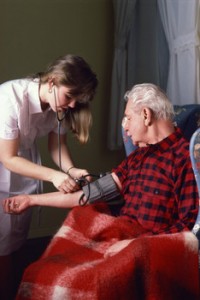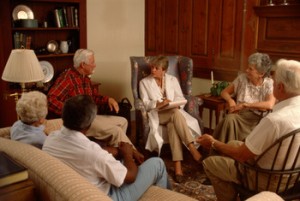Thank you for stopping by our website and visiting our blog. Our goal is to provide you with helpful resources and information on legal topics in our areas of practice – immigration, business litigation and personal injury. While many other firms also practice in these areas, we believe that our passion, our experience, and our commitment to our clients’ needs help us stand out above the rest.
 Our Passion
Our Passion
We are passionate about the areas of law in which we practice in the greater Atlanta area. Through personal attention, diligence and perseverance we treat each client’s case as the most important one in the firm. We truly want to make a difference in our clients’ lives and help them through their legal difficulties.
Our Experience
Take a few minutes to browse our case results and testimonials – we believe these speak volumes to the expertise and skill Brownstein and Nguyen brings to the table for our clients. Established over twenty years ago, the longevity of our firm proves we are here to stay. It has also allowed founding lawyers, Jay Brownstein and Tien Nguyen, to gain a wealth of experience in their respective areas or practice. Click here to learn more about our attorneys.
Our Commitment
We are absolutely committed to upholding the highest standards in practicing law. With this comes a deep commitment to each of our clients. We strive for personalized service for each client, as we know that each legal situation and need is different. We make sure that professionalism, honesty, advocacy, and work ethic are the forefront of our practice.
Contact Us
If you are in need of legal help and interested in getting the process started, contact Brownstein and Nguyen – your immigration, business litigation, and personal injury law specialists in Atlanta, GA.






